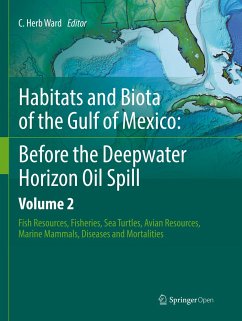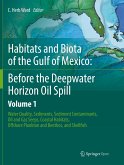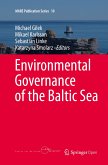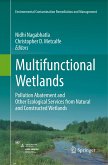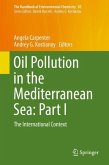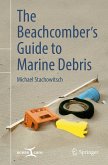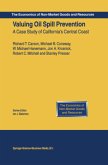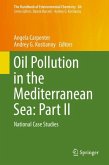This book is open access under a CC BY-NC 2.5 license.
The Gulf of Mexico is an open and dynamic marine ecosystem rich in natural resources but heavily impacted by human activities, including agricultural, industrial, commercial and coastal development. The Gulf of Mexico has been continuously exposed to petroleum hydrocarbons for millions of years from natural oil and gas seeps on the sea floor, and more recently from oil drilling and production activities located in the water near and far from shore. Major accidental oil spills in the Gulf are infrequent; two of the most significant include the Ixtoc I blowout in the Bay of Campeche in 1979 and the Deepwater Horizon Oil Spill in 2010. Unfortunately, baseline assessments of the status of habitats and biota in the Gulf of Mexico before these spills either were not available, or the data had not been systematically compiled in a way that would help scientists assess the potential short-term and long-term effects of suchevents.
This 2-volume series compiles and summarizes thousands of data sets showing the status of habitats and biota in the Gulf of Mexico before the Deepwater Horizon Oil Spill. Volume 2 covers historical data on commercial and recreational fisheries, with an analysis of marketing trends and drivers; ecology, populations and risks to birds, sea turtles and marine mammals in the Gulf; and diseases and mortalities of fish and other animals that inhabit the Gulf of Mexico.
The Gulf of Mexico is an open and dynamic marine ecosystem rich in natural resources but heavily impacted by human activities, including agricultural, industrial, commercial and coastal development. The Gulf of Mexico has been continuously exposed to petroleum hydrocarbons for millions of years from natural oil and gas seeps on the sea floor, and more recently from oil drilling and production activities located in the water near and far from shore. Major accidental oil spills in the Gulf are infrequent; two of the most significant include the Ixtoc I blowout in the Bay of Campeche in 1979 and the Deepwater Horizon Oil Spill in 2010. Unfortunately, baseline assessments of the status of habitats and biota in the Gulf of Mexico before these spills either were not available, or the data had not been systematically compiled in a way that would help scientists assess the potential short-term and long-term effects of suchevents.
This 2-volume series compiles and summarizes thousands of data sets showing the status of habitats and biota in the Gulf of Mexico before the Deepwater Horizon Oil Spill. Volume 2 covers historical data on commercial and recreational fisheries, with an analysis of marketing trends and drivers; ecology, populations and risks to birds, sea turtles and marine mammals in the Gulf; and diseases and mortalities of fish and other animals that inhabit the Gulf of Mexico.

